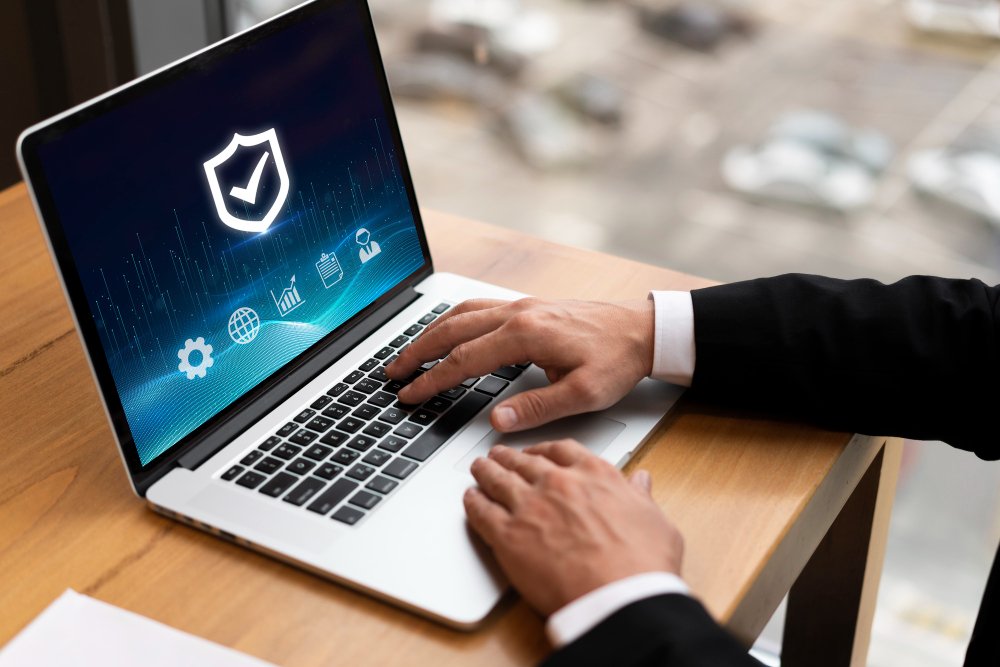Every time you go online, your personal data is at risk—from the websites you visit to the apps you use. But protecting your privacy doesn’t have to be complicated or technical.
With a few simple changes, you can keep your information safer and browse the internet with confidence.
Here are 5 easy ways to protect your privacy online, starting today.
1. Use Strong, Unique Passwords
Reusing the same password across websites is risky. If one site gets hacked, all your accounts are exposed. Protect yourself by using:
-
A different password for each account
-
Long combinations of letters, numbers, and symbols
-
A password manager like LastPass, Bitwarden, or 1Password to keep everything secure and easy to remember
Bonus tip: Turn on two-factor authentication (2FA) for extra protection.
2. Be Cautious with Public Wi-Fi
Public Wi-Fi at cafes, airports, and malls can be convenient—but it’s also a hotspot for hackers. Avoid checking sensitive information like bank accounts or logging into personal email on unsecured networks.
Safe option: Use a VPN (Virtual Private Network) to encrypt your connection on public Wi-Fi.
3. Think Before You Click
Phishing scams are everywhere—emails, texts, ads, even fake websites. Be extra careful with:
-
Unexpected messages asking for personal info
-
Links that look suspicious or urgent
-
Attachments from unknown senders
Rule of thumb: When in doubt, don’t click!
4. Limit What You Share Online
The more you post online, the more you reveal about yourself—sometimes without realizing it. Protect your digital footprint by:
-
Keeping your social media accounts private
-
Avoiding oversharing personal details like location, travel plans, or your birthday
-
Using a nickname or initials for online profiles that don’t require your real name
Remember: once it’s online, it’s hard to take back.
5. Update Your Devices and Apps
Software updates aren’t just about new features—they often fix security flaws that hackers can exploit.
Make sure to:
-
Turn on automatic updates on your phone, computer, and browser
-
Update all your apps regularly
-
Delete apps you no longer use (they may still collect data!)
Final Thoughts
Staying safe online doesn’t mean hiding away—it just means being smart. These small steps go a long way in protecting your privacy, identity, and peace of mind.
For more simple and practical guides like this, check out Know How Blogs—your everyday source for smarter, safer living in the digital world.
